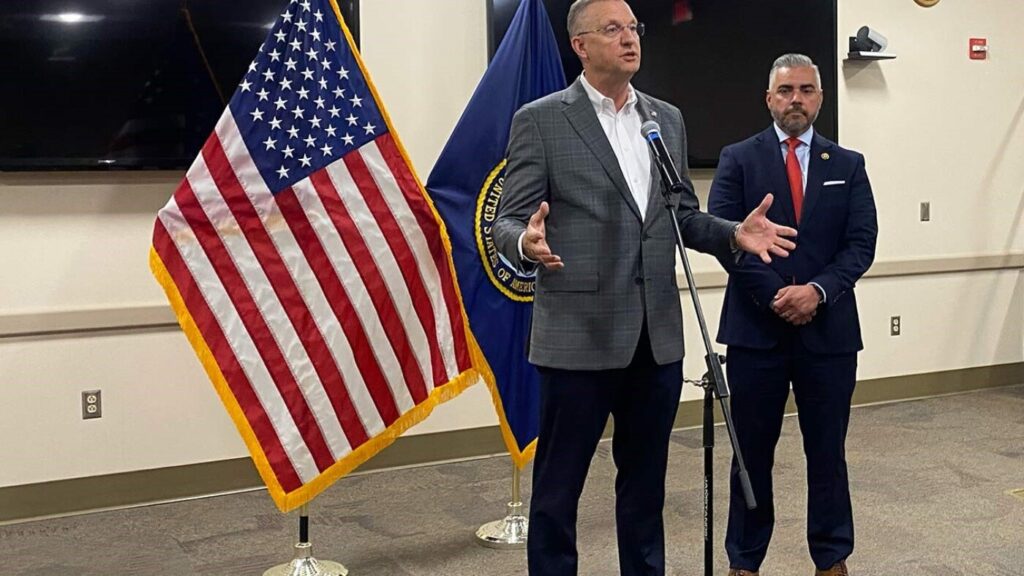The Department of Veterans Affairs is undergoing significant changes as data shared with NPR reveals that 11,273 agency employees have applied for deferred resignation, a move initiated by the Trump administration as part of its workforce reduction strategy. Notably, nurses, medical support assistants, and social workers are among the top positions seeking deferred resignation.
Secretary of Veterans Affairs Doug Collins has emphasized that these staff cuts will not impact veterans’ health care, despite facing criticism from Democrats during a Senate hearing. Concerns were raised about maintaining care quality while reducing the workforce to 2019 levels. The VA, employing around 470,000 individuals, primarily healthcare professionals, operates across 1,380 facilities nationwide.
Amidst these changes, VA press secretary Pete Kasperowicz assured careful consideration in approving deferred resignations for healthcare staff to meet mission requirements. However, concerns persist regarding existing shortages of medical providers at the VA, with Senator Bernie Sanders highlighting workforce challenges in healthcare.
Collins aims to enhance productivity and efficiency through the reduction, emphasizing improved veteran care without cutting benefits. Yet, both VA staff and veterans utilizing VA services express apprehension about potential impacts on benefits and healthcare quality. The extended deadline for deferred resignation applications until May 16 adds to the uncertainty among employees, affecting mental well-being and patient care.
Transparency and accountability in navigating these changes remain essential to address the concerns of both employees and veterans relying on VA services.

